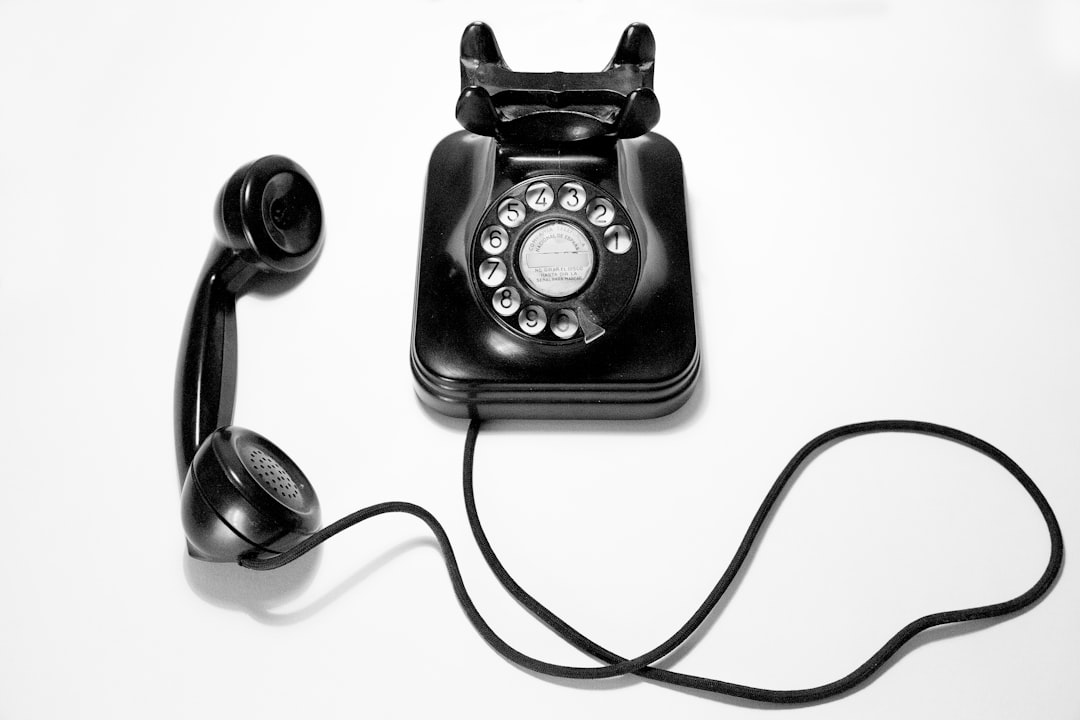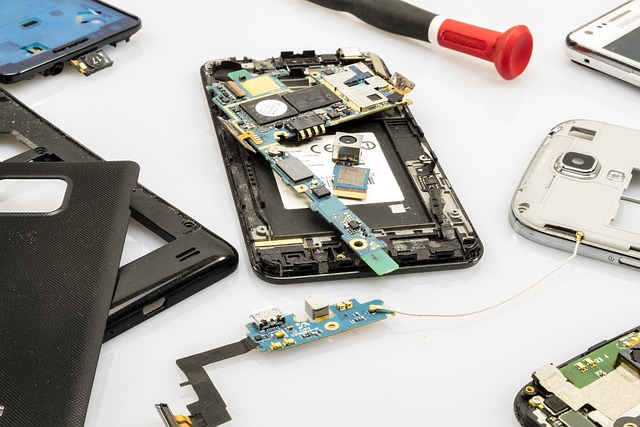In West Virginia, unwanted call attorneys specialize in defending clients against charges related to revoked consent for telemarketing calls. They document interactions, gather evidence, and challenge proof, focusing on proving innocence or mitigating penalties. These professionals follow strict legal procedures when dealing with revocation, guiding clients through formal communication of revocations and taking further legal actions if needed.
In West Virginia, proving revoked consent in wheeling unwanted calls cases is paramount for consumers seeking legal recourse against persistent telemarketers. With the rise of digital marketing, understanding and navigating revised consent laws has become crucial. This article equips readers with insights into WV’s revoked consent laws, effective strategies for unwanted call attorneys to gather evidence, and detailed steps to follow after revocation. For West Virginia residents facing relentless calls, this guide offers a roadmap to protect their rights as consumers.
Key terms: Unwanted call attorney WV, revoked consent, telemarketing laws.
Understanding Revoked Consent Laws in WV

In West Virginia, the laws surrounding revoked consent are clear and crucial for individuals facing unwanted calls, especially those seeking help from an unwanted call attorney WV. If a caller explicitly revokes their consent to be contacted, any subsequent calls can be considered a violation of the law. This is particularly relevant in cases where individuals are plagued by persistent telemarketing or sales calls, despite having made it clear they no longer wish to receive them.
Understanding and proving revoked consent is essential for those looking to take legal action against relentless callers. A unwanted call attorney WV can guide clients through this process, ensuring their rights are protected. By understanding the specific legislation in West Virginia, these attorneys can help individuals navigate the complexities of unwanted communication, offering a much-needed respite from persistent and harassing calls.
Unwanted Call Attorney Strategies for Evidence

When facing charges related to unwanted calls in West Virginia, a skilled unwanted call attorney WV is instrumental in building a robust defense. These attorneys employ several strategies and gather specific evidence to prove their clients’ innocence or to mitigate penalties. One key aspect is documenting every interaction with the allegedly affected party. This includes call logs, text messages, emails, or any other form of communication that demonstrates prior consent or subsequent revocation.
Additionally, an unwanted call attorney may engage in fact-finding missions, gathering statements from witnesses or individuals who can attest to the context and nature of the calls. They might also challenge the admissibility of evidence if proper procedures weren’t followed during its collection. By employing these tactics, a unwanted call attorney WV aims to demonstrate that their client’s actions were not malicious but rather a misunderstanding or a failure to recognize revoked consent.
Navigating Legal Procedures: Steps After Revocation

When a consumer revokes their consent for receiving telemarketing calls, it’s crucial to understand the legal procedures involved to prove revocation and stop unwanted calls effectively. The first step for an unwanted call attorney in West Virginia (WV) is to review the details of the case, including any documentation or records that demonstrate the initial consent given and subsequent revocation. This may include written agreements, text messages, or voice recordings.
Next, the attorney should guide clients on how to formally communicate the revocation to the caller. This could involve sending a certified letter expressing the intent to stop all future calls. It’s essential to maintain records of this communication as proof of revocation. Should the unwanted calls persist despite the clear revocation, an experienced WV unwanted call attorney can assist in taking further legal actions, such as filing a complaint with regulatory bodies or seeking damages through litigation.






